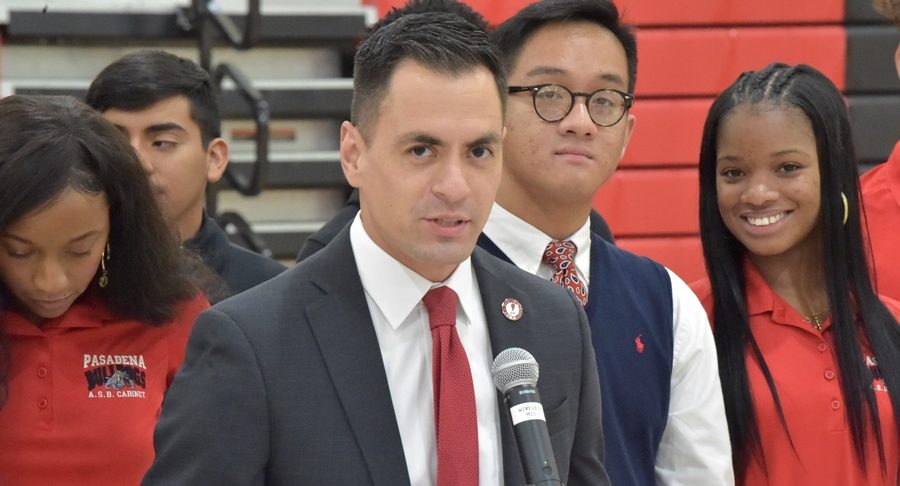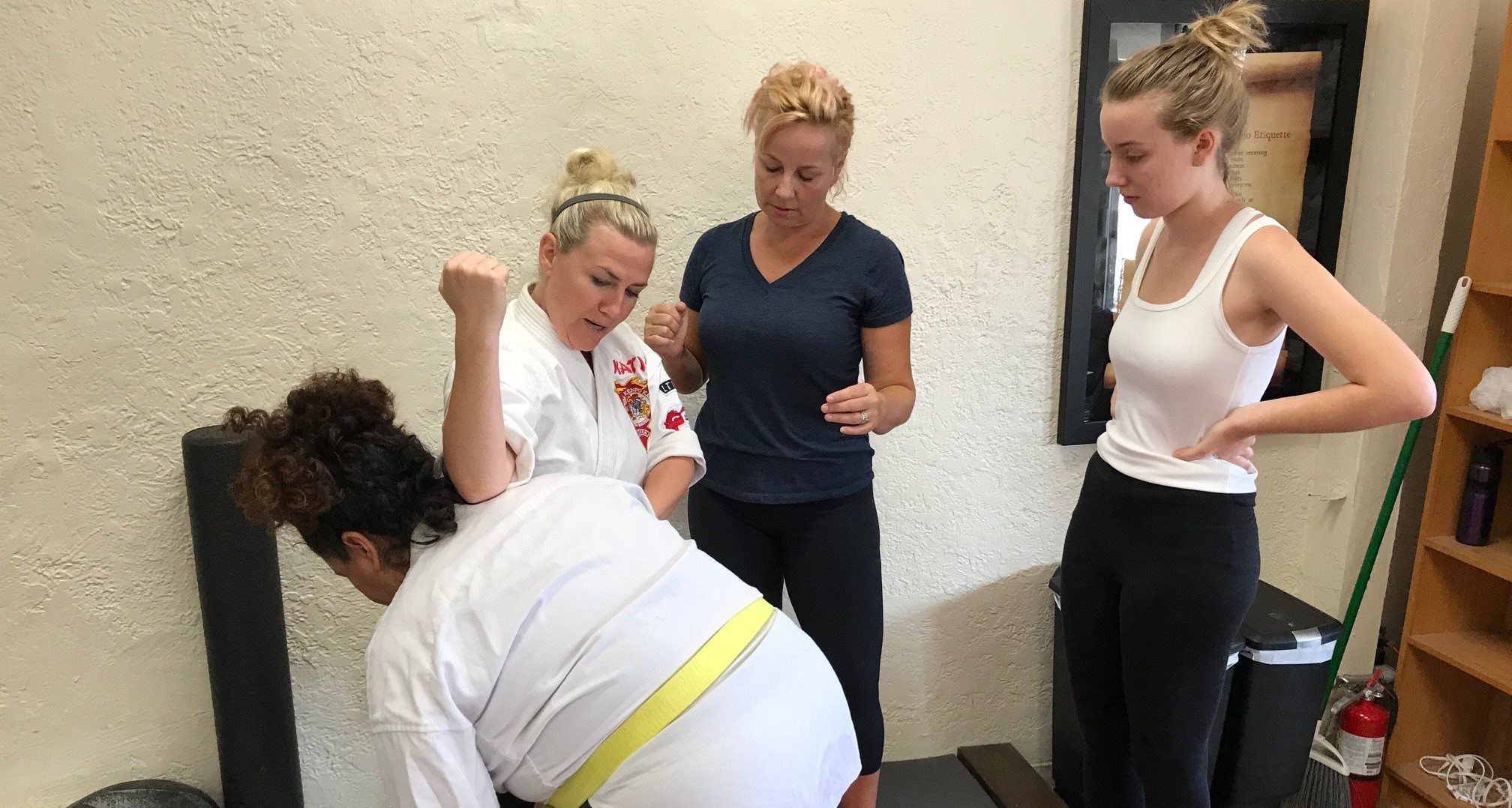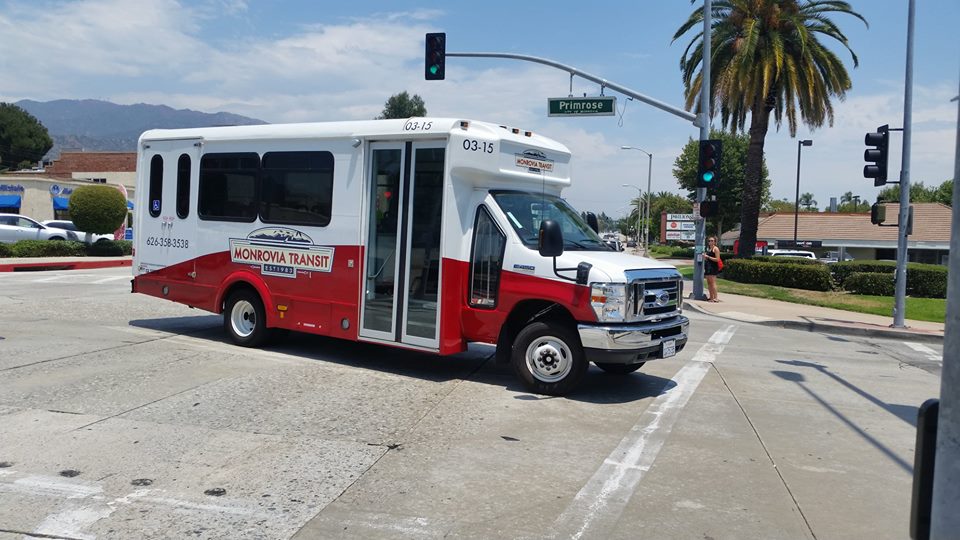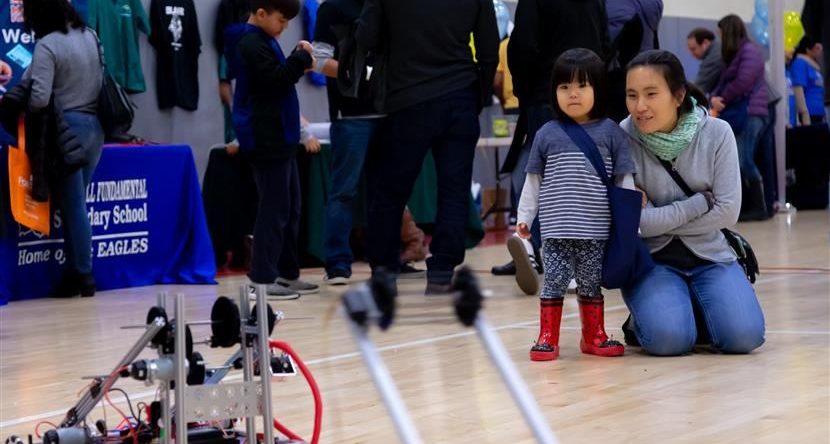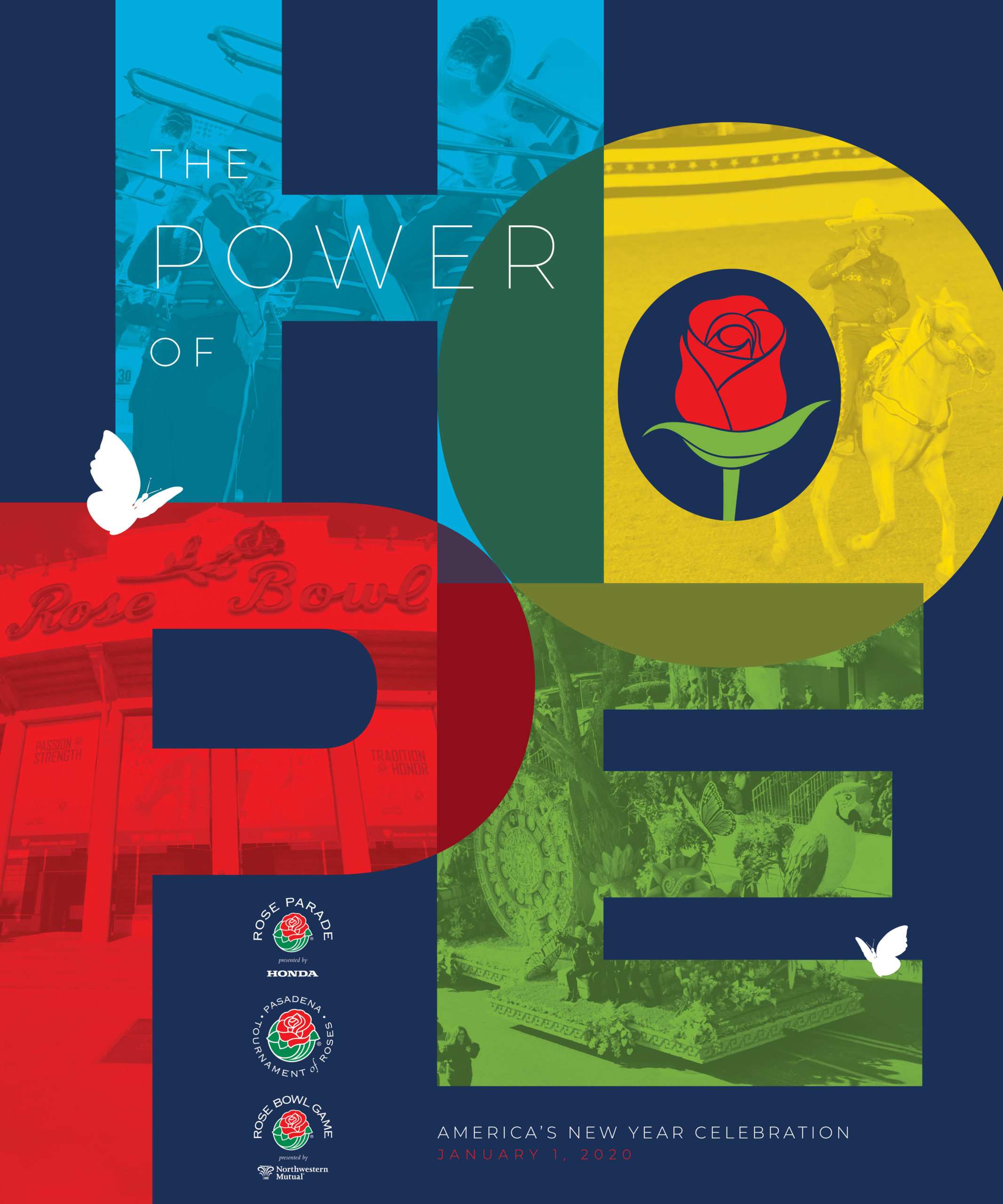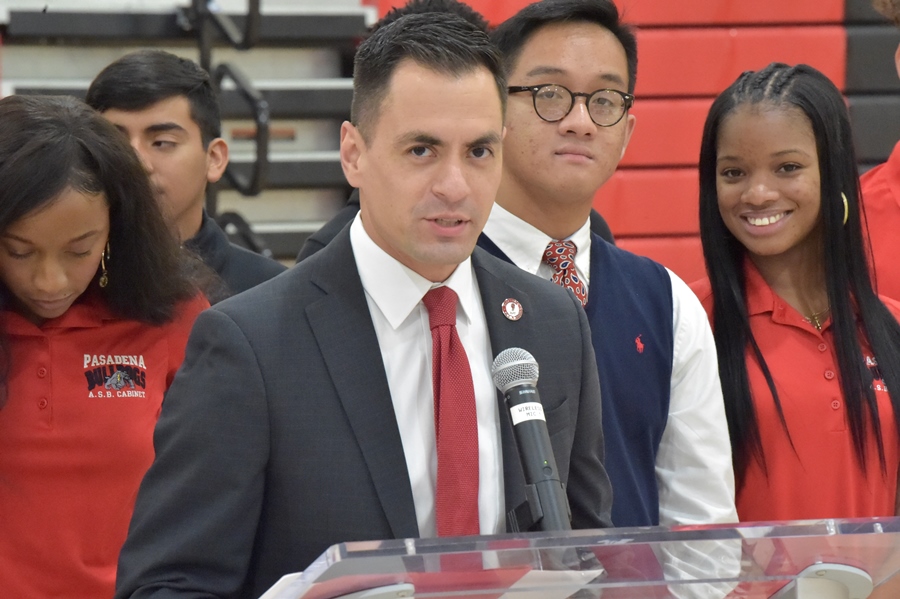
Are schools prepping students for the Ivy League or Major Leagues?
By Terry Miller
On Nov. 4, 2008 the voters in Pasadena passed a $350 million Measure TT bond initiative “to repair and upgrade Pasadena Unified School District’s (PUSD) aging and deteriorating campuses.”
Measure TT objectives included:
1.Make all school campuses safe, secure, and accessible.
2.Provide equal access to high-quality learning and recreational facilities.
3.Enhance student and teacher access to technology.
4.Use green technology for healthy and efficient buildings.
5.Ensure strict independent oversight and accountability.
And with most campuses between 50-70 years old:
6.Renovate, construct or reconstruct gyms and student locker rooms
Last week, the beleaguered Pasadena Unified School District held a ribbon cutting ceremony for the newly-remodeled gymnasium at Pasadena High which was part of a whopping $19 million facelift for the sports complex. This raised some eyebrows in the community and people started asking questions about the amount of money school districts spend on athletics versus the allotment for academics.
Also, in a time when PUSD is in a financial hole, albeit now out of danger of being taken over by the county, according to LACOE some have questioned the logic of spending so much money on a gym when schools are closing, teaching staff is reduced and buildings consolidated.
According to Amanda Ripley, an Emerson senior fellow:
“In the world’s smartest countries, school is about learning. Full stop. There is no confusion about the academic hurdles kids must clear to have full and interesting adult lives. Kids play sports, of course, but outside of school, through recreation centers, club teams or pick-up games on dirt fields with no adults in sight.
“The problem is the dishonesty. By mixing sports and academics, we tempt kids into believing that it’s O.K. if they don’t like math or writing — that there is another path to glory. Less obvious is that this path ends abruptly, whereupon they get to spend 50 years in an economy that lavishly rewards those with higher-order skills and ruthlessly punishes those without.
“Competitive sports are not about exercise. If it were, we’d have the fittest kids in the world. It’s about a fantasy with a short shelf life. If we want to build school spirit and teach kids about grit, hold a pep rally for the debate team. Those kids are training to rule the real world.”
In 2018, PUSD Board of Education voted 5-1 to oust a Measure TT Oversight Committee member over alleged misspending of bond funds. In fact, there were multiple complaints of misuse of funds in 2017-2018. However, an independent audit in 2018 concluded that nothing seemed out of the ordinary in the accounting procedures.
We are a nation obsessed with sports, truly all-consumed. High schools proudly display students who sign letters of intent to play sports in colleges all over the country yet some schools pay considerably less media attention to academic achievement.
While sports participation has risen, American educational rankings in comparison to other countries across the world have troublingly continued to plummet. In the 2012 Summer Olympics, the U.S. walked away with more gold medals than any other country. Yet, in the USA, students are not first but 31st in global math education, 23rd in global science education, and 14th in reading when compared to these global competitors, according to The Harvard Political Review.
“Even in high schools—especially in high schools—academics usually fall by the wayside, pushed to the periphery of students’ consciousness by a culture that simply does not value education enough … The American obsession with televised sports further exacerbates the problem. Wide viewership is not limited to big athletic events: even regular baseball and football games receive plenty of attention. After all, sports understandably make for fantastic TV. Children grow up to admire the hoop-swishing basketball players and the homerun-hitting baseball players that they see on TV, while they complain about school. Sports are a hobby; school is a job. Combined, pop culture and televised sports form a lethal cocktail. The result is a belief in the mutual exclusivity of athletics and academics, and, more worrisome, a clear tendency to prioritize athletics…
“The surge in high school athletic participation and the decline in high school educational success may not be directly related. Correlation does not ensure causation. However, given the modern American cultural environment, it is at least plausible that Americans prioritize athletics over education and in doing so hold them back academically,” according to The Harvard Review.
In the Arcadia Unified School District, for example, a bond measure passed in 2006, Measure I, sought to help the High School add 36 new classrooms, a new science lab and library reconstruction with a little allocated for the north gym floor and bleachers as well as replacing the stadium bleachers. The focus was on upgrading technology infrastructure and equipment in every classroom.

